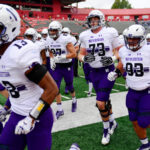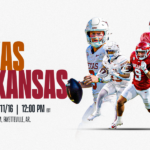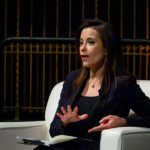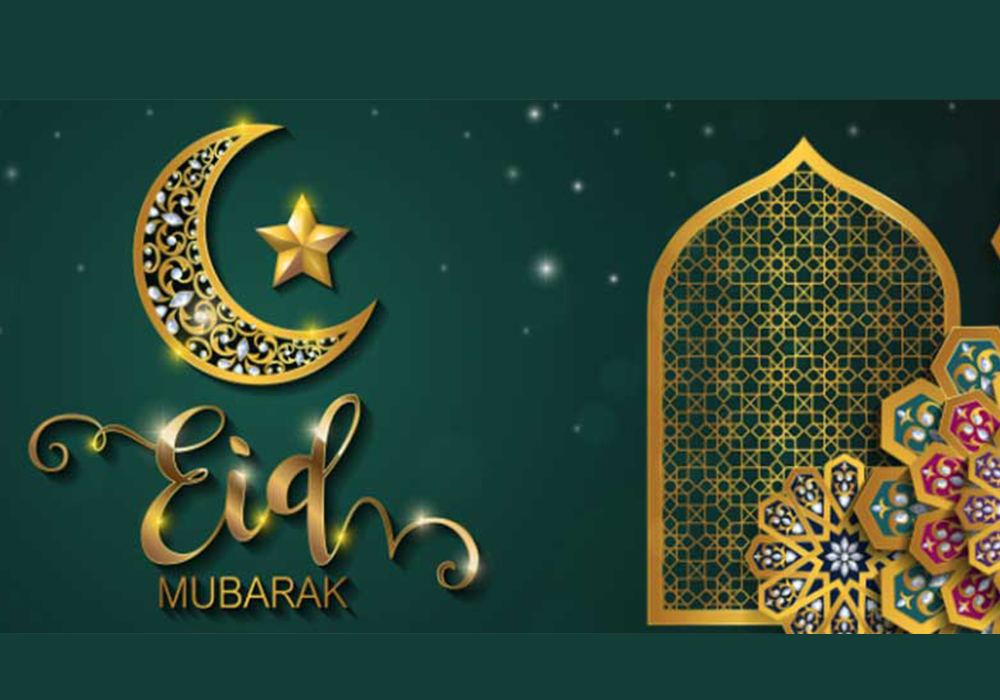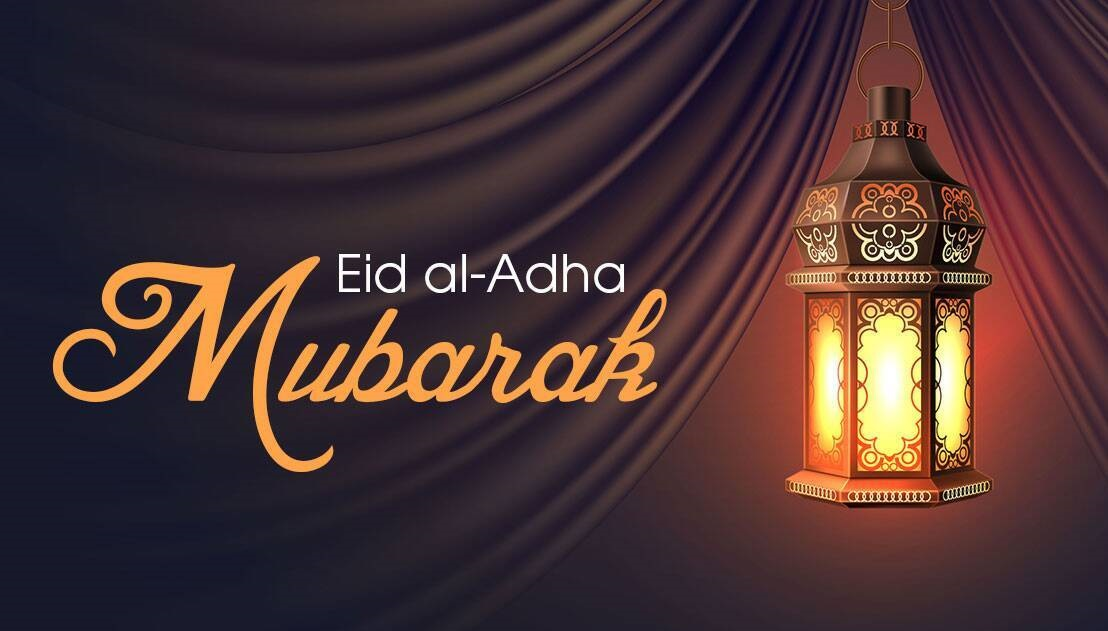Eid ul Adha, also known as the Festival of Sacrifice, is one of the most significant Islamic holidays celebrated by Muslims worldwide. This religious observance commemorates the willingness of Prophet Ibrahim (Abraham) to sacrifice his son as an act of obedience to God. However, before he could carry out the act, God provided a ram to sacrifice instead. This festival, also known as Bakra Eid, Kurban Bayram, or the Feast of Sacrifice, embodies the spirit of faith, devotion, and charity.
History and Significance of Eid ul Adha
Eid ul Adha has its roots in the Quranic story of Prophet Ibrahim’s readiness to sacrifice his son Ismail (Ishmael) as a testament to his faith. According to Islamic tradition, just as Ibrahim was about to perform the sacrifice, God intervened and provided a ram to be sacrificed instead. This event is seen as a test of Ibrahim’s loyalty and submission to God.
The festival occurs during the Islamic month of Dhu al-Hijjah, the final month of the lunar Islamic calendar. Eid ul Adha begins on the 10th day of Dhu al-Hijjah and lasts for about three days. It coincides with the annual Hajj pilgrimage to Mecca, which is one of the Five Pillars of Islam and a mandatory religious duty for Muslims who can afford it.
Rituals and Traditions
The Sacrifice (Qurbani)
One of the central rituals of Eid ul Adha is the Qurbani, or the act of sacrificing an animal. Typically, a goat, sheep, cow, or camel is sacrificed to honor the willingness of Ibrahim to sacrifice his son. The meat from the sacrifice is divided into three parts: one-third is given to the poor and needy, another third is distributed among relatives and friends, and the remaining third is kept for the family.
Eid Prayers
On the morning of Eid ul Adha, Muslims gather in mosques or open grounds for the special Eid prayers, known as Salat al-Eid. These prayers are an essential part of the celebration, featuring a sermon (khutbah) that focuses on themes of sacrifice, faith, and charity.
Festive Meals
Following the prayers and the sacrifice, families come together to share festive meals. Traditional dishes vary from region to region but often include flavorful and aromatic preparations of the sacrificial meat. In many cultures, sweet delicacies are also prepared to mark the joyous occasion.
Acts of Charity
Eid ul Adha is a time for giving and sharing. Beyond the distribution of meat, Muslims are encouraged to give Zakat al-Fitr, a form of charity that ensures all Muslims can partake in the celebrations. It’s a time to reflect on the blessings one has and to extend a helping hand to those in need.
Global Celebrations
Eid ul Adha is celebrated with diverse customs and traditions around the world. Here are a few examples of how different countries observe this festival:
Saudi Arabia
As the birthplace of Islam, Saudi Arabia sees millions of Muslims performing Hajj during Eid ul Adha. The festival is marked by grand celebrations, communal prayers, and large-scale animal sacrifices.
Turkey
In Turkey, Eid ul Adha, known as Kurban Bayram, is celebrated with public holidays, community feasts, and a focus on visiting family and friends. The sacrificial meat is meticulously distributed among the less fortunate.
India and Pakistan
In South Asian countries like India and Pakistan, Eid ul Adha is celebrated with great fervor. The day begins with special prayers, followed by Qurbani and sharing meals with family, friends, and the underprivileged. Traditional attire and elaborate feasts are central to the festivities.
Indonesia
As the country with the largest Muslim population, Indonesia observes Eid ul Adha with communal prayers, animal sacrifices, and social gatherings. The day is also marked by the exchange of greetings and gifts.
Eid Greetings Messages
Sharing heartfelt Eid greetings is an essential part of the celebrations. Here are ten Eid ul Adha greetings messages that you can share with your loved ones:
- Eid Mubarak! May the blessings of Allah bring you happiness, peace, and prosperity on this joyous occasion.
- Wishing you a blessed Eid ul Adha. May your faith and devotion be rewarded on this holy day.
- May the spirit of Eid ul Adha illuminate your heart and home with joy and peace. Eid Mubarak!
- On this auspicious day of sacrifice, may you be blessed with Allah’s divine blessings. Eid Mubarak!
- Eid ul Adha Mubarak! May your prayers be accepted and your sacrifices be rewarded.
- Wishing you and your family a joyful and blessed Eid ul Adha. May Allah’s blessings be with you always.
- Eid Mubarak! May this Eid bring you happiness, success, and peace. Enjoy the festivities!
- May the blessings of Allah shine upon you and your loved ones on this holy day. Eid ul Adha Mubarak!
- Eid ul Adha Mubarak! May your heart and home be filled with the joyous spirit of Eid.
- Wishing you a blessed Eid filled with peace, love, and prosperity. Eid Mubarak!
- May Allah’s blessings be with you today and always. Eid Mubarak!
- Eid ul Adha Mubarak! May your faith in Allah continue to grow, bringing you peace and happiness.
Conclusion
Eid ul Adha is a profound celebration that honors faith, sacrifice, and charity. It serves as a reminder of the importance of devotion and the value of helping others. As Muslims around the world come together to observe this holy festival, they reaffirm their commitment to these timeless principles, creating a sense of unity and compassion. Whether through prayers, sacrifices, or acts of charity, Eid ul Adha encapsulates the essence of Islamic teachings and the universal spirit of humanity.

